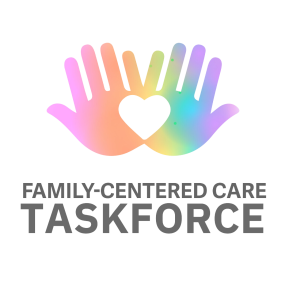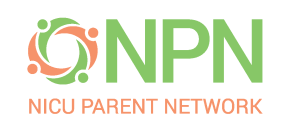Optimizing the Delivery of Family-Centered Care in the Neonatal Intensive Care Unit (NICU)
The World Health Organization reports that complications of preterm birth are the leading cause of death for children under age 5, resulting in 900,000 deaths globally each year and that 75% of these deaths could be prevented with cost-effective interventions. Over 300,000 babies in the United States are admitted to the Neonatal Intensive Care Unit (NICU) each year, where they are vulnerable to complications, infections, and poor weight gain. A NICU stay may increase a child’s risk for exhibiting developmental and neurodevelopmental delays later in life.
Parents are considerably impacted when a baby is born sick or premature and often experience a lack of bonding with their newborn, which can exacerbate their mental health and the well-being of the family unit. Families of color and lower economic status are disproportionately affected by the complex traumas and experiences of a NICU stay, thereby perpetuating the impact of social determinants of health and structural racism in healthcare.
Family-centered care (FCC) in the NICU is a practical approach that promotes parental involvement in the planning and delivery of care for their infant. It is grounded in information-sharing, participation, collaboration, respect, and dignity. Families are considered integral members of the care team and primary decision-makers for their infants.
Though research points to FCC improving outcomes for babies and parents, often NICUs fail to implement FCC practices due to local barriers (e.g. limited staff time or financial constraints). There is a lack of consensus on priority areas when measuring or benchmarking FCC efforts across NICUs. Families are rarely included in decision-making about FCC approaches, even when FCC priorities are identified.
Our partnership, a collaboration between the FCC Taskforce (formed by PI) and the NICU Parent Network, is driving toward change. Our aim is to use quantitative and qualitative research methodologies to create an FCC gold standard and explore FCC practices at a scale that exceeds prior studies. This work will enable us to develop (1) first-ever FCC benchmarks in the NICU, and (2) identify ways to overcome barriers to FCC implementation.

Clinical Professor , Stanford School of Medicine

Co-Chair , Family-Centered Care Taskforce

Program Manager , Family-Centered Care Taskforce

2020 Scholar in Service; Professor, Clinical Pediatrics, University of California San Diego

Executive Council Family Partner, Family-Centered Care Taskforce

Co-founder & Executive Director , NICU Parent Network



